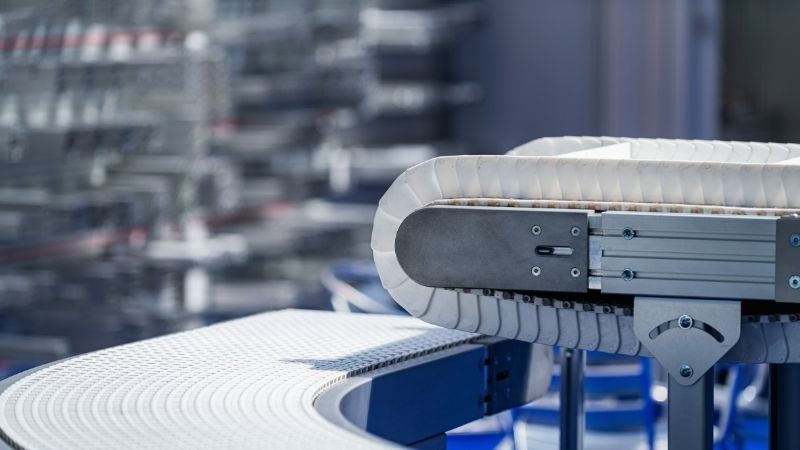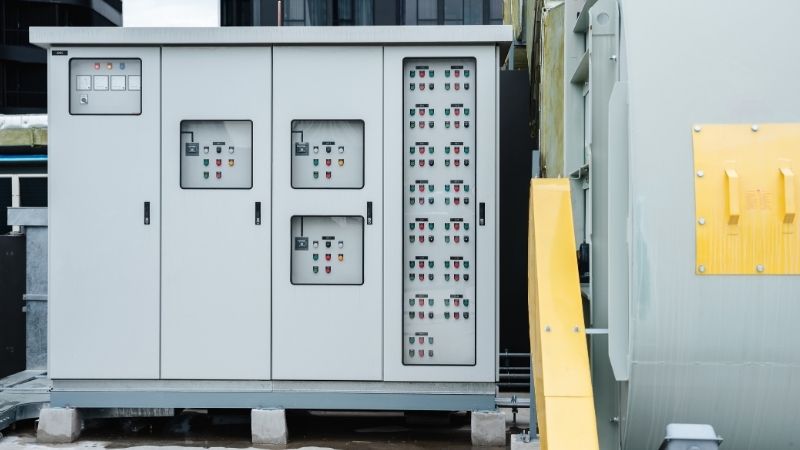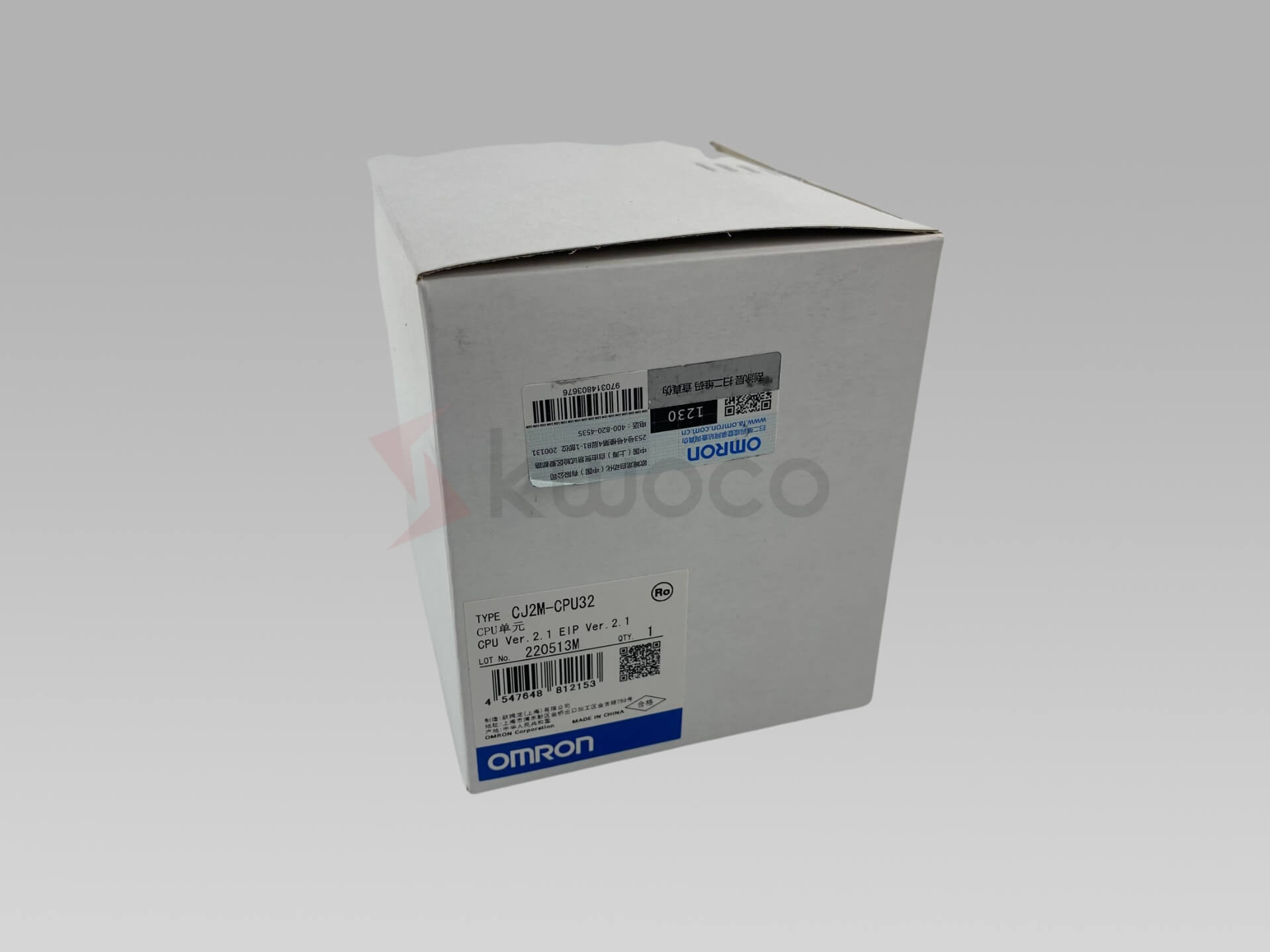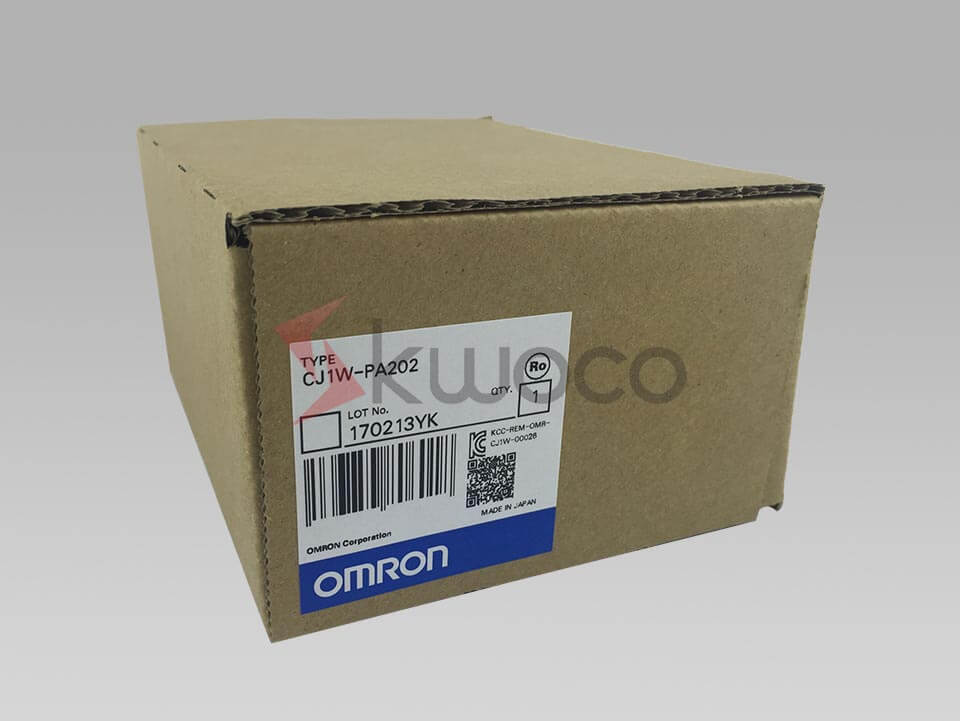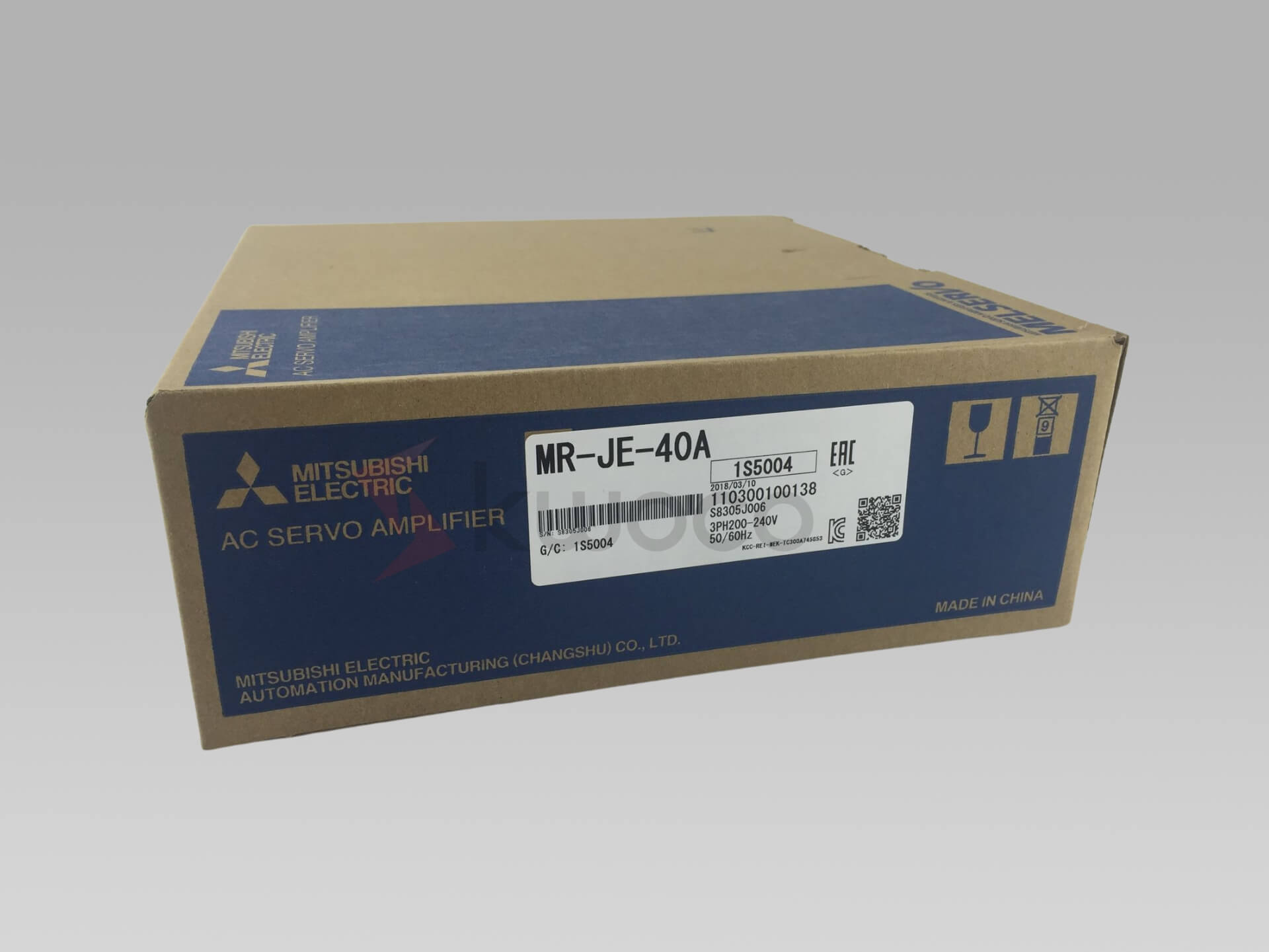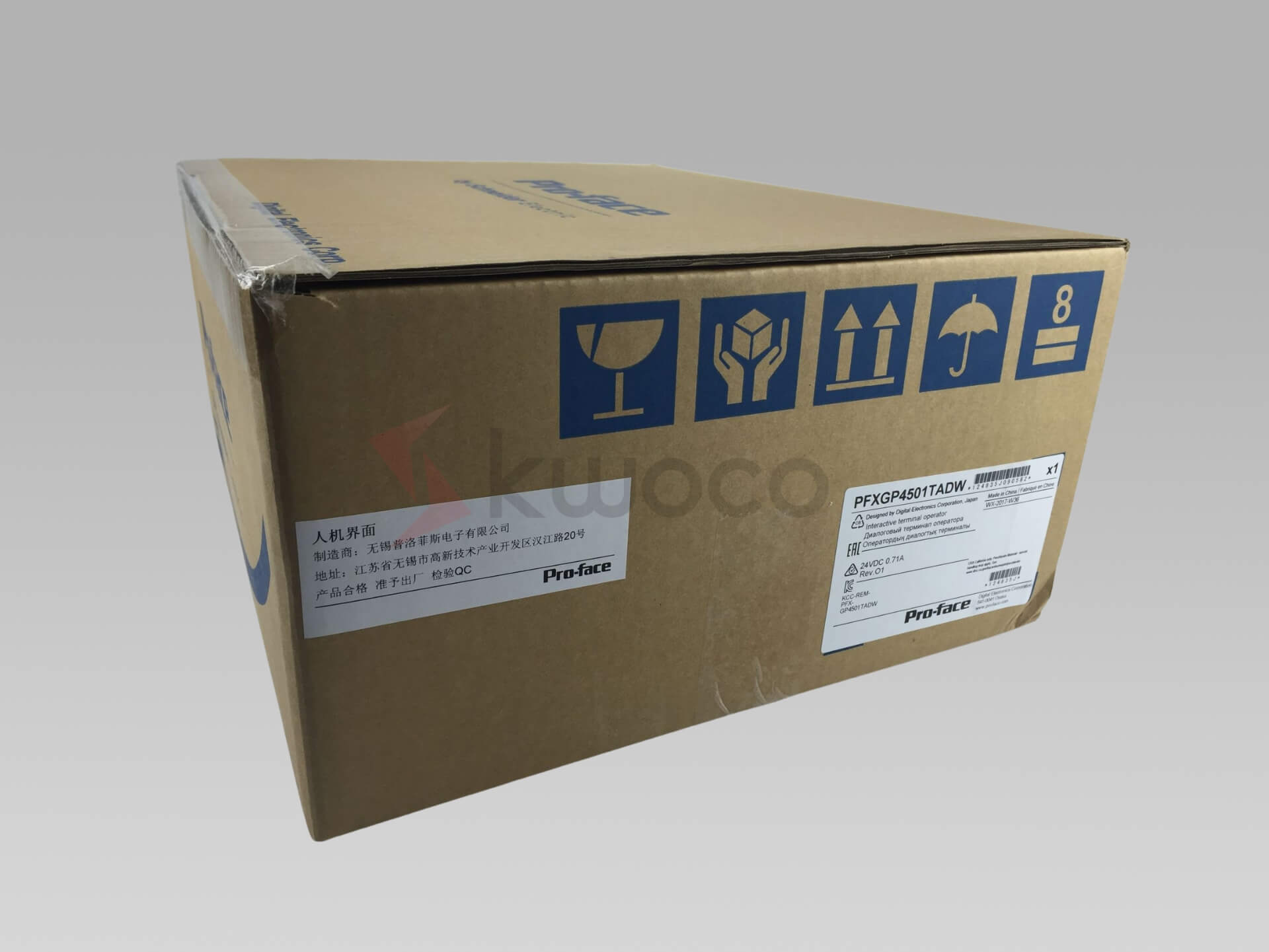Depanarea defecțiunilor PLC obișnuite: un ghid pentru controlere logice programabile
Acest ghid analizează cauzele comune ale PLC defecțiuni și oferă sfaturi practice de depanare pentru a vă ajuta să mențineți performanța optimă în sistemele dvs. PLC.
Cuprins
Ce cauzează defecțiunile PLC-urilor în sistemele de control?
Înțelegerea motivelor din spatele defecțiunilor PLC este crucială pentru menținerea sistemelor de control eficiente. Iată câteva probleme comune care pot duce la probleme PLC.
Uzura componentelor interne
În timp, componentele interne din PLC, cum ar fi unitatea centrală de procesare (CPU) și modulele, pot suferi uzură din cauza funcționării continue.
- Probleme cu procesorul: Problemele cu procesorul pot duce la instabilitate sau defecțiune a sistemului.
- Module defecte: Modulele PLC, inclusiv modulele de intrare/ieșire, pot eșua, cauzând întreruperi ale sistemului.
- Coruperea memoriei PLC: Memoria unui PLC stochează programe și date; corupția poate provoca un comportament imprevizibil.
Factori externi și condiții de mediu
Factorii externi pot avea un impact semnificativ asupra performanței PLC-urilor.
- Zgomot electric și interferență electromagnetică (EMI): Zgomotul electric și EMI pot perturba semnalele din sistemul PLC.
- Fluctuații de tensiune: Problemele de tensiune pot duce la probleme de alimentare, care afectează funcționarea PLC-ului.
- Medii industriale dure: Expunerea la temperaturi extreme și praf poate deteriora componentele interne.
Eroare umană și practici de întreținere
Eroarea umană și întreținerea slabă pot duce la defecțiuni PLC.
- Programare incorectă: Erorile din programul PLC pot cauza funcționarea defectuoasă a sistemului.
- Întreținere necorespunzătoare: Neglijarea reparației și întreținerii poate duce la uzură neobservată.
- Conexiuni libere: Conexiunile slabe în cadrul modulului de control PLC sau cu dispozitivele de teren pot cauza probleme intermitente.
Fiind conștienți de aceste cauze comune ale defecțiunilor PLC-ului, puteți implementa strategii pentru a evita aceste probleme și pentru a vă asigura că sistemele dvs. PLC rămân fiabile.
Cum afectează interferența zgomotului electric performanța PLC-ului?
Interferența zgomotului electric este o problemă semnificativă care poate duce la defecțiuni ale PLC-ului și instabilitate a sistemului.
Înțelegerea zgomotului electric
Zgomotul electric se referă la perturbări nedorite care afectează circuitele electrice.
- Interferențe electromagnetice (EMI): Cauzat de dispozitive precum motoarele, care duc la întreruperi în PLC.
- Interferențe de radiofrecvență (RFI): Emis de dispozitivele wireless și poate afecta comunicarea PLC-ului.
Impact asupra sistemelor PLC
- Pierderea datelor: Zgomot electric poate deteriora datele din PLC.
- Blocări ale sistemului: Interferențele severe pot cauza resetarea sau blocarea sistemului PLC.
- Eșecuri intermitente: Conduce la probleme imprevizibile ale PLC-urilor care sunt greu de diagnosticat.
Strategii de atenuare
- Împământare adecvată: Asigurarea integrității pământului cu un fir de împământare dedicat reduce interferența.
- Cabluri ecranate: Utilizarea cablurilor ecranate pentru a minimiza interferența de zgomot electric.
- Filtre EMI/RFI: Instalarea filtrelor pentru a bloca semnalele nedorite.
Implementarea acestor strategii ajută la prevenirea zgomotului electric să vă perturbe sistemele PLC.
Depanarea defecțiunilor modulelor în sistemele PLC
Defecțiunile modulelor sunt o problemă comună care poate duce la defecțiuni ale sistemului în sistemele de control PLC.
Identificarea defecțiunilor modulului
- Coduri de eroare și mesaje de eroare: PLC-ul poate afișa coduri specifice care indică probleme.
- Lecturi inconsistente: Dispozitivele de teren pot furniza date neregulate.
- Instabilitatea sistemului: Sistemul poate deveni instabil sau poate suferi blocări ale sistemului.
Cauze comune
- Probleme de tensiune: Tensiunea excesivă sau sub tensiune poate deteriora modulele.
- Uzură: Utilizarea prelungită poate duce la uzura modulelor.
- Conexiuni libere: Conexiunile la module sau dispozitive de teren se pot slăbi.
Pași de depanare
- Verificați nivelurile de tensiune: Asigurați-vă că sursa de alimentare oferă tensiunea corectă.
- Inspectați conexiunile: Strângeți toate conexiunile slăbite.
- Înlocuiți modulele defecte: Schimbați modulele care prezintă semne de defecțiune.
Prin abordarea promptă a defecțiunilor modulelor, puteți menține fiabilitatea sistemelor dumneavoastră de control PLC.
Importanța integrității solului în operațiunile PLC
Integritatea la sol este vitală pentru funcționarea sigură și eficientă a PLC-urilor.
Beneficiile împământarii adecvate
- Reduce zgomotul electric: Minimizează EMI și RFI, asigurând integritatea semnalului.
- Previne buclele de pământ: Evită căile de curent neintenționate care pot perturba PLC-ul.
- Îmbunătățește siguranța: Protejează împotriva șocurilor electrice și a deteriorării echipamentului.
Probleme comune de împământare
- Instalare necorespunzătoare: Împământarea incorectă poate introduce mai mult zgomot.
- Coroziune și daune: Poate compromite firul de împământare, afectând integritatea pământului.
Cele mai bune practici
- Inspecții regulate: Verificați sistemele de împământare pentru semne de uzură.
- Utilizați terenuri dedicate: Previne interferența de la alte echipamente.
- Urmați standardele din industrie: Respectați instrucțiunile pentru împământare în medii industriale.
Împământarea adecvată asigură că sistemele dumneavoastră PLC funcționează fără interferențe cauzate de zgomotul electric.
Abordarea problemelor de alimentare cu PLC-uri
Problemele cu alimentarea cu energie pot cauza întreruperi semnificative în sistemele PLC.
Probleme comune de alimentare
- Surplusuri de putere: Poate deteriora componentele interne ale PLC-ului.
- Fluctuații de tensiune: Conduce la instabilitate în sistemul PLC.
- Pana de curent: Pierderea completă a puterii oprește operațiunile.
Soluții
- Protecție la supratensiune: Instalați dispozitive pentru a proteja împotriva supratensiunilor.
- Surse de alimentare neîntreruptibilă (UPS): Furnizați o sursă de alimentare de rezervă pentru PLC.
- Întreținere regulată: Verificați sursa de alimentare pentru semne de defecțiune.
Cauzele problemelor de alimentare
- Eșecul rețelei: Probleme de alimentare externe care afectează sursa de alimentare a PLC-ului.
- Defecțiunea componentelor interne: Defecțiuni în modulul de alimentare al PLC-ului.
- Factori externi: Condiții de mediu care cauzează probleme de alimentare.
Prin gestionarea proactivă a problemelor de alimentare, puteți preveni defecțiunile neașteptate ale PLC-urilor.
Întrebări frecvente
Care sunt semnele comune ale defecțiunii iminente ale PLC-ului?
Semnele includ defecțiuni intermitente, blocări neașteptate ale sistemului, coduri de eroare și comportament neobișnuit de la dispozitivele de teren.
Cum pot minimiza zgomotul electric din sistemul meu PLC?
Utilizați cabluri ecranate, asigurați o împământare adecvată și instalați filtre EMI/RFI pentru a reduce interferența de zgomot electric.
De ce este importantă împământarea pentru PLC-uri?
Împământarea adecvată reduce zgomotul electric, previne buclele de împământare și îmbunătățește stabilitatea și siguranța sistemului.
Ce cauzează defecțiunile modulelor în PLC-uri?
Cauzele includ probleme de tensiune, uzură și conexiuni slabe cu module sau dispozitive de câmp.
Alimentați-vă proiectele cu PLC Omron, Mitsubishi, Schneider nou-nouț, original – în stoc, gata acum!
Concluzie
Înțelegând și abordând aceste probleme obișnuite, vă puteți menține controlerele logice programabile să funcționeze eficient, asigurând operațiuni bune în procesele dumneavoastră de automatizare. Măsurile proactive și întreținerea regulată sunt esențiale pentru a preveni defecțiunile PLC-urilor și pentru a minimiza timpul de nefuncționare.
Căutați PLC-uri noi, originale pentru proiectele dvs.? La Kwoco, stocăm cele mai noi PLC-uri de la mărci de top precum Omron, Mitsubishi, și Schneider. Cumpărați cu încredere - livrare rapidă, calitate garantată! Cumpărați acum
Contactaţi-ne
Doar completați numele dvs., adresa de e-mail și o scurtă descriere a solicitării dvs. în acest formular. Vă vom contacta în termen de 24 de ore.
Categoria de produs
Produse de vânzare fierbinte
De asemenea, puteți găsi aceste subiecte interesante

Înțelegerea programării PLC Mitsubishi: limbaje și instrumente
În lumea cu evoluție rapidă a automatizării industriale, selectarea limbajului de programare PLC potrivit este esențială. Mulți ingineri și tehnicieni se confruntă cu înțelegerea limbilor care se potrivesc cel mai bine PLC-urilor Mitsubishi și cum să le utilizeze eficient pentru o performanță optimă.
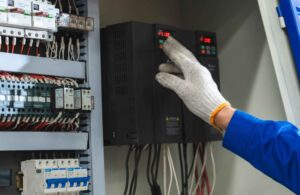
10 coduri comune de alarmă pentru servomotor Omron explicate
În calitate de inginer la Kwoco, cu ani de experiență în automatizarea industrială, am lucrat intens cu servomotor Omron. De-a lungul anilor, am întâlnit diverse coduri de alarmă care pot opri operațiunile dacă nu sunt abordate prompt. Înțelegerea acestor coduri este crucială pentru menținerea operațiunilor fără probleme și pentru minimizarea timpului de nefuncționare.
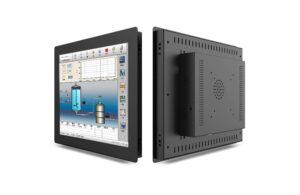
Probleme cu ecranul LCD, digitizor sau touchscreen? Găsiți soluția perfectă de afișare industrială!
Ecranul echipamentului dvs. industrial este crăpat, nu răspunde sau pur și simplu este învechit? Înțelegerea diferenței dintre LCD-uri, digitizatoare și ecrane tactile este crucială pentru reparații și upgrade-uri eficiente. Acest articol aprofundează în lumea afișajelor industriale, ajutându-vă să diagnosticați problemele, să alegeți piesele de schimb potrivite și să vă optimizați utilajele pentru performanțe de vârf. Vă vom prezenta ce este digitizatorul, ce este lcd-ul, ce este ecranul tactil! Este timpul să nu mai ghiciți și să începeți să reparați!

